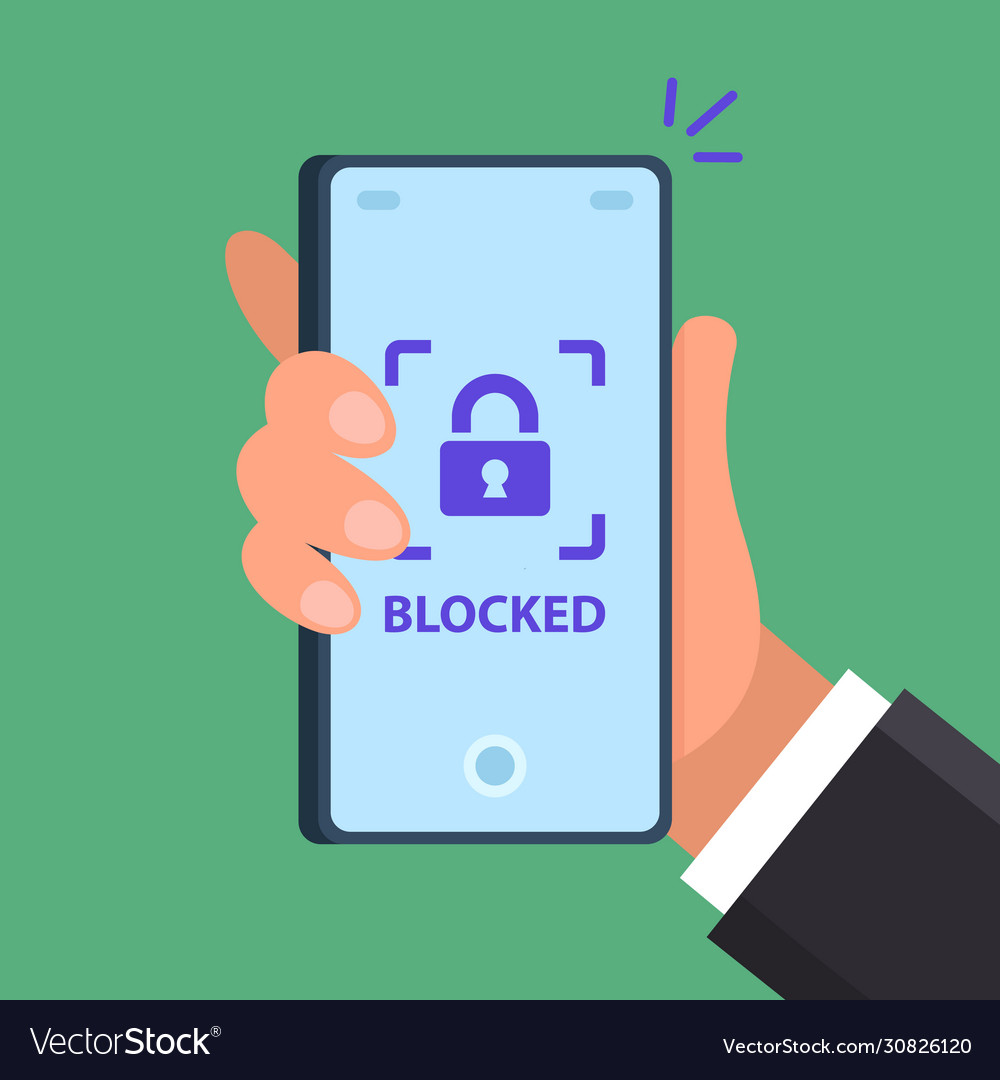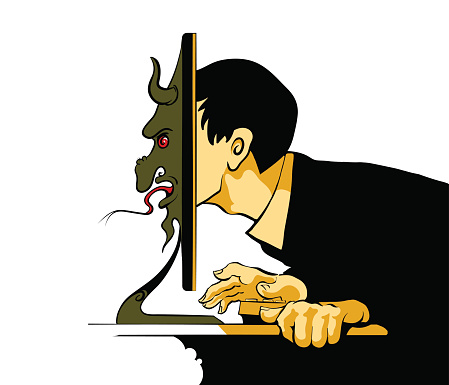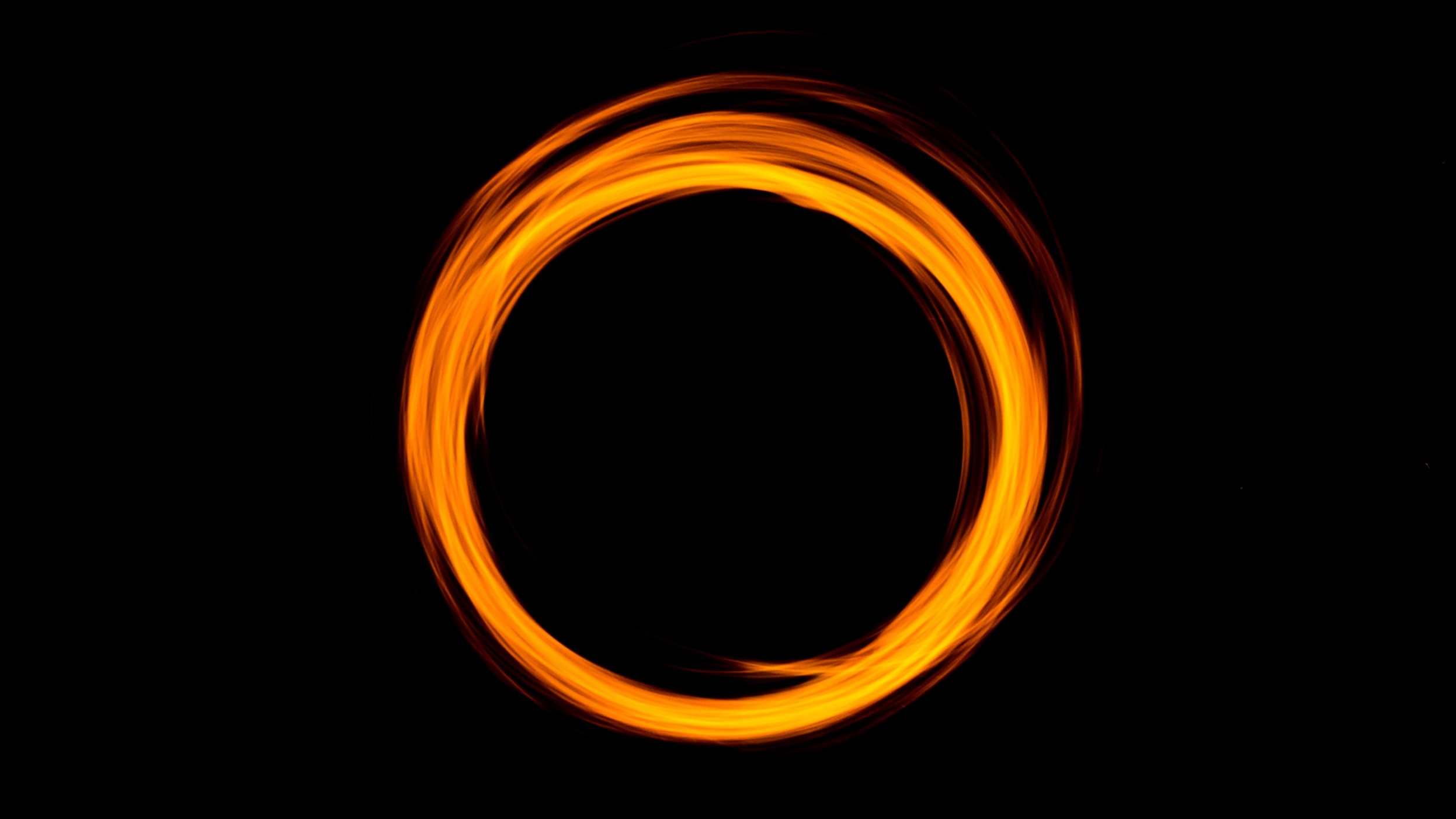Social media platforms are used by (almost) everyone that owns a smartphone. All platforms have been brought into this world to make our lives more ‘social’ by digitalizing our interactions with the people around us. Not only does social media make it easier for people to make friends -albeit online friends- it also makes interaction faster. The average time to send someone a quick message is around three to seven seconds, depending on how fast a person can type. In addition to speedy typing, the option of cross-posting something on more, if not all, social media platforms help for a certain message to reach more people with just one click on a button. Almost all major social media platforms try to cater just that for its users: quick and easy communication. Take a look at the taglines for Facebook, Instagram, Twitter and Whatsapp, for example:
Facebook: “Facebook is a social utility that connects you with the people around you”
Instagram: “Capture and Share the World’s Moments”
Twitter: “What’s Happening?”
Whatsapp: “Simple. Secure. Reliable messaging.”
Keywords here are “connect”, “share” and “reliable”. Of course, the majority of people do use these platforms for the reasons they were created in the first place: social interaction.
However, social media platforms have a dark side. Alexandra discussed this a couple of weeks ago. The spreading of fake news, catfishing and declining mental health all fall into this dark category. In this blog, I am not going to repeat Alexandra’s words; or talk about how social media platforms have a negative impact on mental health, even though there is clear evidence for that. Extensive research, as well as grave media attention has shown us this time and time again. In this blog, I am going to focus on the unsociable side of social media. Social media makes its users less social.
Firstly, it makes people less social in real-life social events; according to a blog by Aniket Singh, in 2019, “an average human being [spends] around 144 minutes on social media daily”. That is a lot. And it has become noticeable, too. Sitting in a restaurant, how many people have their phones out to take pictures or videos of their food or surroundings and posting it to their feeds? When at a bar or nightclub, how many people are making Instagram Stories for their friends to see? Do not even get me started on vacations: social media use is in overdrive at picturesque holiday spots… When I am out with friends, I genuinely feel disconnected from them at times, because it seems that they are constantly on their phones.

Secondly, when you do interact digitally through these platforms, it does not necessarily mean that the interaction is favorable, or even worthy of being called ‘social’.
It has become increasingly easier to be rude or even ignore someone when conversing through a screen. Cutting off a conversation when you no longer feel like ‘talking’ to them online is less awkward than if you walked away in the middle of the other person’s sentence: short-hand replies may still come off as rude, but at least you’re not the a**hole that walked away.
Example one is ghosting. ‘Ghosting’, a term for abruptly cutting off all contact with someone without any warning or explanation, has also become popular. Ghosting is easy: the ghoster exits, the ghostee is left wondering why. The ghoster does not have to feel guilty either: the phone screen acts as a literal separator between the two individuals. One step further is blocking the ghostee on social media: in this way, a message is not only ignored, but cannot be sent in the first place. According to Mind Body Green, “a 2016 survey from PlentyOfFish reveals that almost 80% of single millennials between the ages of 18 and 33 have been ghosted while dating.” It can be seen as a clean break-up: “no, thank you” is basically implied in the lack of response. However, for the person on the receiving end (or should I say, non-receiving end?) it is not a clean-cut break-up. Often, they are left wondering why: did something go wrong? Has the ghoster met someone else? Or (and this is the worst, but most common thought) did I do something wrong? Is it me, am I not worth it? Of course, someone ghosting has more to do with their own insecurities and childish behavior than whether the ghostee actually did something right or wrong. Unsurprisingly, this type of unsocial interaction has a negative impact on mental health.
Another example of (un)social media is ‘trolling’: people who make fun of or bully through a screen. More often than not, a ‘troll’ comments something negative on someone’s picture/video/tweet etcetera before attacking all others that call the troll out for being mean and/or unreasonable. In this way, comment-fights as I like to call them are born. These can go on for days on end and are actually quite enjoyable to read as an outsider: but it has to be said that this type of behavior is uncalled for.

In all examples stated above, it has become clear that the screen of a mobile phone acts as a barrier, making it extremely easy for people to become less sociable and a lot meaner.
In conclusion, I find that the digital world and the internet have brought us all great things, however, social media is one of -if not the worst thing to happen to human interaction, but unfortunately, it is not going anywhere, anytime soon.
Resources:
https://www.mindbodygreen.com/articles/reasons-people-ghost-in-dating
https://www.verywellmind.com/what-is-ghosting-5071864
https://www.iimu.ac.in/blog/social-media-is-making-us-unsocial/




Recent Comments